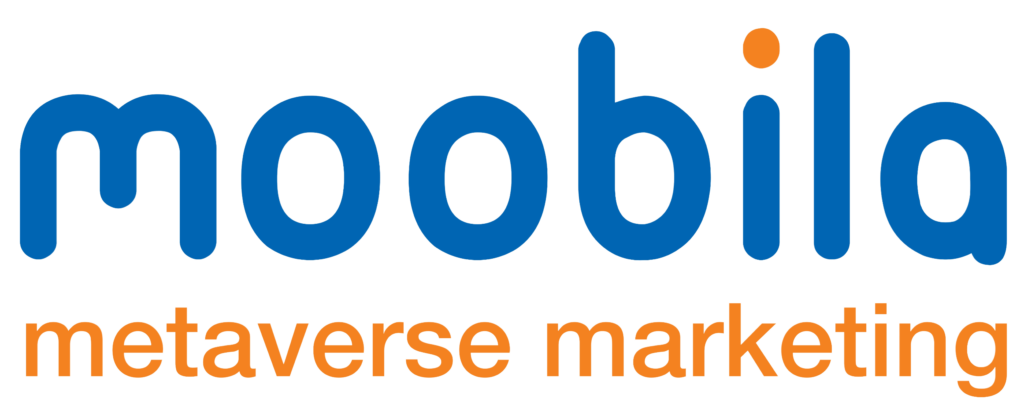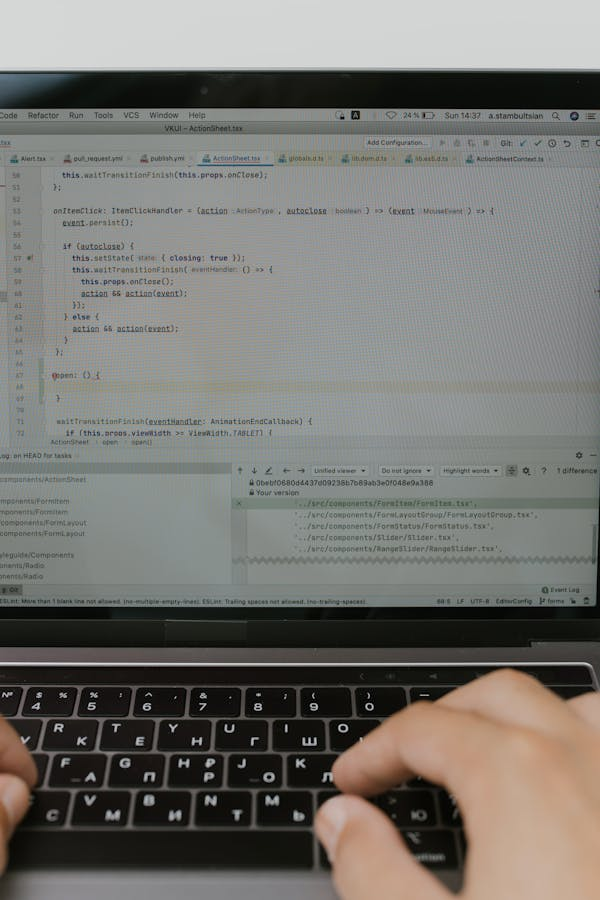The year is 2025. The digital landscape has evolved, and the role of the developer is undergoing a seismic shift. Long gone are the days of solely relying on manual coding and debugging. Today, the smartest developers are the ones who understand how to harness the power of Artificial Intelligence (AI) to augment their skills, boost productivity, and ultimately, code smarter, not harder.
This isn’t about AI replacing developers; it’s about AI empowering them. In 2025, developers can leverage AI to handle repetitive tasks, generate code snippets, identify bugs, and even predict potential issues before they arise. This frees up valuable time and mental energy, allowing developers to focus on the creative and strategic aspects of their work – designing innovative solutions and building groundbreaking applications.
The Rise of the AI-Powered Developer
The integration of AI into the development workflow is no longer a futuristic fantasy; it’s a present-day reality. Several factors have contributed to this rise:
- Advancements in Machine Learning: Machine learning algorithms have become more sophisticated, and capable of understanding complex code structures and patterns.
- Availability of AI Tools and Platforms: A plethora of AI-powered tools and platforms are now available, specifically designed to assist developers in various stages of the software development lifecycle.
- Increased Adoption of Cloud Computing: Cloud platforms provide the necessary infrastructure and resources to train and deploy AI models at scale.
- Growing Community and Resources: A vibrant community of developers and researchers is actively contributing to the development and improvement of AI tools for coding.
How Developers Can Leverage AI to Code Smarter
So, how exactly can developers leverage AI to code smarter in 2025? Here are some key applications:
- AI-Assisted Code Generation: AI can generate code snippets, complete functions, and even scaffold entire applications based on natural language descriptions or existing codebases. This is particularly useful for speeding up the development of repetitive tasks and boilerplate code.
- Intelligent Code Completion: AI-powered code completion tools go beyond simple keyword suggestions. They analyze the context of the code and suggest relevant code snippets, variable names, and function arguments, significantly reducing coding time and errors.
- Automated Bug Detection and Prevention: AI can analyze code for potential bugs, vulnerabilities, and performance issues. Some tools can even automatically fix simple bugs, freeing up developers to focus on more complex problems.
- AI-Powered Testing: AI can automate the creation and execution of test cases, ensuring that code is thoroughly tested and meets quality standards. This can significantly reduce the time and effort required for manual testing.
- Intelligent Code Review: AI can assist with code reviews by automatically identifying potential issues, suggesting improvements, and ensuring adherence to coding standards. This can make code reviews more efficient and effective.
- Predictive Code Analysis: AI can analyze code to predict potential performance bottlenecks, security vulnerabilities, and other issues. This allows developers to proactively address these issues before they impact the application.
- Personalized Learning and Skill Development: AI can personalize learning experiences for developers by recommending relevant tutorials, articles, and courses based on their skills and interests. This helps developers stay up-to-date with the latest technologies and trends.
- Natural Language Programming: While still in its early stages, natural language programming allows developers to write code using natural language, which is then translated into executable code by AI. This has the potential to make coding more accessible to a wider audience.
Examples of AI Tools for Developers
| Tool | Description | Application |
| GitHub Copilot | An AI-powered code completion tool that suggests code snippets and entire functions based on the context of the code. | Code generation, code completion, learning new languages |
| Tabnine | An AI code completion tool that learns from your coding patterns to provide personalized suggestions. | Code generation, code completion, improved coding speed |
| DeepCode | An AI-powered static analysis tool that identifies potential bugs and vulnerabilities in your code. | Bug detection, security vulnerability detection, code quality improvement |
| SonarQube | A platform for continuous inspection of code quality to perform automatic reviews with static analysis of code to detect bugs, code smells, and security vulnerabilities. | Automated code review, identifying bugs, security vulnerabilities |
| Diffblue Cover | AI-powered automated unit test writing that generates tests that find bugs, reduces regressions and saves time. | Automated unit tests. Reduce time spent on tests |
| AskCodi | An AI assistant that can generate code, write documentation, and answer technical questions. | Generating documentation, answering technical questions |
| Amazon CodeGuru Reviewer | An automated code review service that uses machine learning to identify critical issues and hard-to-find bugs during application development. | Code Review |
| Sourcegraph | Enables developers to quickly understand, navigate, and automate changes across all of their code. | Code search, understanding code, automating code changes |
The Future of Development: A Symbiotic Relationship
In 2025, the relationship between developers and AI will be symbiotic. AI will handle the mundane and repetitive tasks, freeing up developers to focus on the creative and strategic aspects of their work. Developers can leverage AI to innovate faster, build better software, and solve complex problems.
However, it’s important to remember that AI is a tool, and like any tool, it’s only as good as the person using it. Developers will need to develop new skills, such as prompt engineering, AI model evaluation, and ethical considerations, to effectively leverage AI in their work.
The future of development is bright. By embracing AI and learning how to use it effectively, developers can unlock their full potential and create a world of amazing software. The key is to code smarter, not harder, and developers can leverage AI to make that a reality.
Wrapping it up
The integration of AI into software development is revolutionizing the way developers work. By harnessing the power of AI, developers can streamline their workflows, improve code quality, and focus on more strategic tasks. As we move forward in 2025, companies like Moobila, which specializes in innovative digital solutions, will play a crucial role in helping developers adapt to this new landscape.
Moobila’s expertise in leveraging AI for enhanced productivity and innovation will be invaluable in empowering developers to leverage AI effectively and code smarter, not harder. By understanding how developers can leverage AI, Moobila can help unlock new possibilities in software development, ensuring that developers are equipped to meet the challenges of the future.



